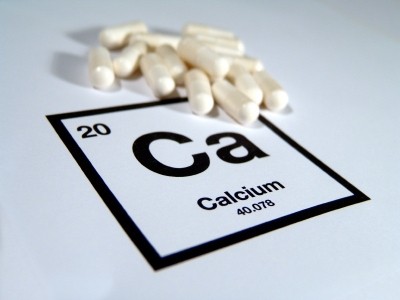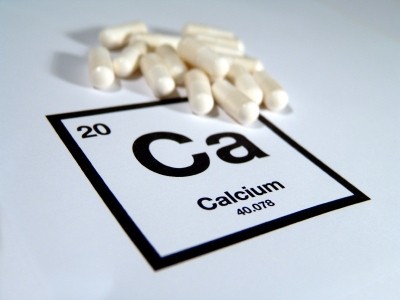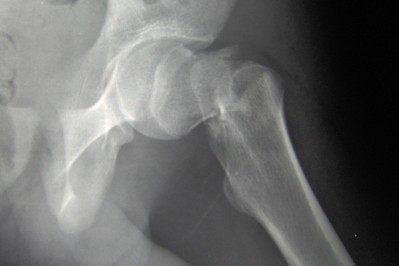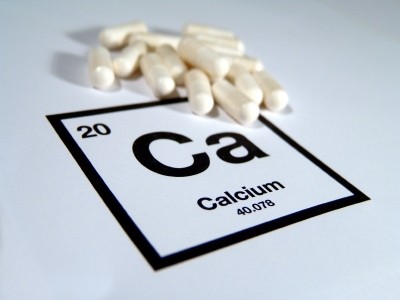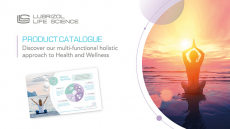Meta-analysis confirms calcium doesn't raise heart disease risk for older women, CRN says
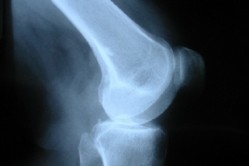
“This is only the latest study to demonstrate the safety of calcium for heart health for post menopausal women,” Andrea Wong, PhD, vice president of scientific and regulatory affairs for CRN told NutraIngredients-USA. “This is actually the fifth study in the last few years to assert the safety of the ingredient.”
Public concern
Calcium supplmentation has had a checkered history in recent years, at least in terms of its image in the news media. Calcium is the main structural constituent of arterial plaques, and so the story has been that in the zeal to counteract the demonstrated loss of bone mass of many elderly consumers leading a Western lifestyle, especially women, supplementation has gone too far.
There has been some evidence to support that view. In one observational study in Germany, researchers concluded after looking at records of more than 23,000 patients enrolled in a cancer and nutrition study. They concluded that calcium supplements more than doubled heart attack risk.
Another more recent observational study published in the British Medical Journal looked at records of more than 60,000 female patients enrolled in a Swedish mammography study. Those researchers said women taking more than 1200 mg of caclium supplements a day were more than twice as likely to die from heart disease.
Meta-analysis advantage
Wong said these results pointed to the power of the current meta analysis. Observational studies, while powerful from a size perspective, sometimes can’t capture the precise workings of a nutrient in a metabolic pathway.
“There have been some equivocal results in observational studies. But I think as the database grows and people start to refine the method of analyzing that data you start to get a clearer picture of the actual benefits or risks. In the case of this meta analysis we have the results of 18 randomized, placebo-controlled trials,” she said.
Study details
In the most recent meta-analysis, published in the July issue of the Journal of Bone and Mineral research, the researchers combed the Cochrane Central Register of Controlled Trials, MEDLINE, and EMBASE databases for studies from 1966 to 2013. Of 661 potential studies, the researchers selected 18 that met their criteria. That yielded data on 63,563 patients. In that cohort, there were 3,390 CHD events and 4,157 deaths. Using random-effects meta-analysis, the author s calculated relative risk. They concluded: “Current evidence does not support the hypothesis that calcium supplementation with or without vitamin D increase coronary heart disease or all-cause mortality risk in elderly women.”
Despite the recent pubic relations cloud over calcium, those responsible for public health have never wavered in their concern about the level of this nutrient in the American diet and the need for supplementation, Wong noted. Despite the calcium-plaque link, the role of nutrients in the human body is rarely that direct or simple, she said.
“There is no mechanistic evidence that shows why calcium from supplements would contribute to arterial plaques. It’s just not that simple,” she said.
“A recent meeting of the Dietary Guidelines Advisory Committee showed that the committee is going the same direction as in the past of identifying calcium as a nutrient that is a public health concern. Calcium is underconsumed by Americans. It is really important that consumers have confidence in taking calcium supplements now that all of the data is in,” Wong said.
Source: Journal of Bone and Mineral Research
2014 Jul 10. doi: 10.1002/jbmr.2311. [Epub ahead of print]
Authors: Lewis JR et al
